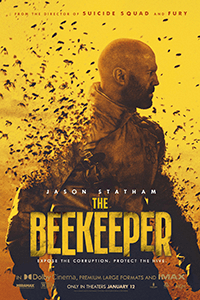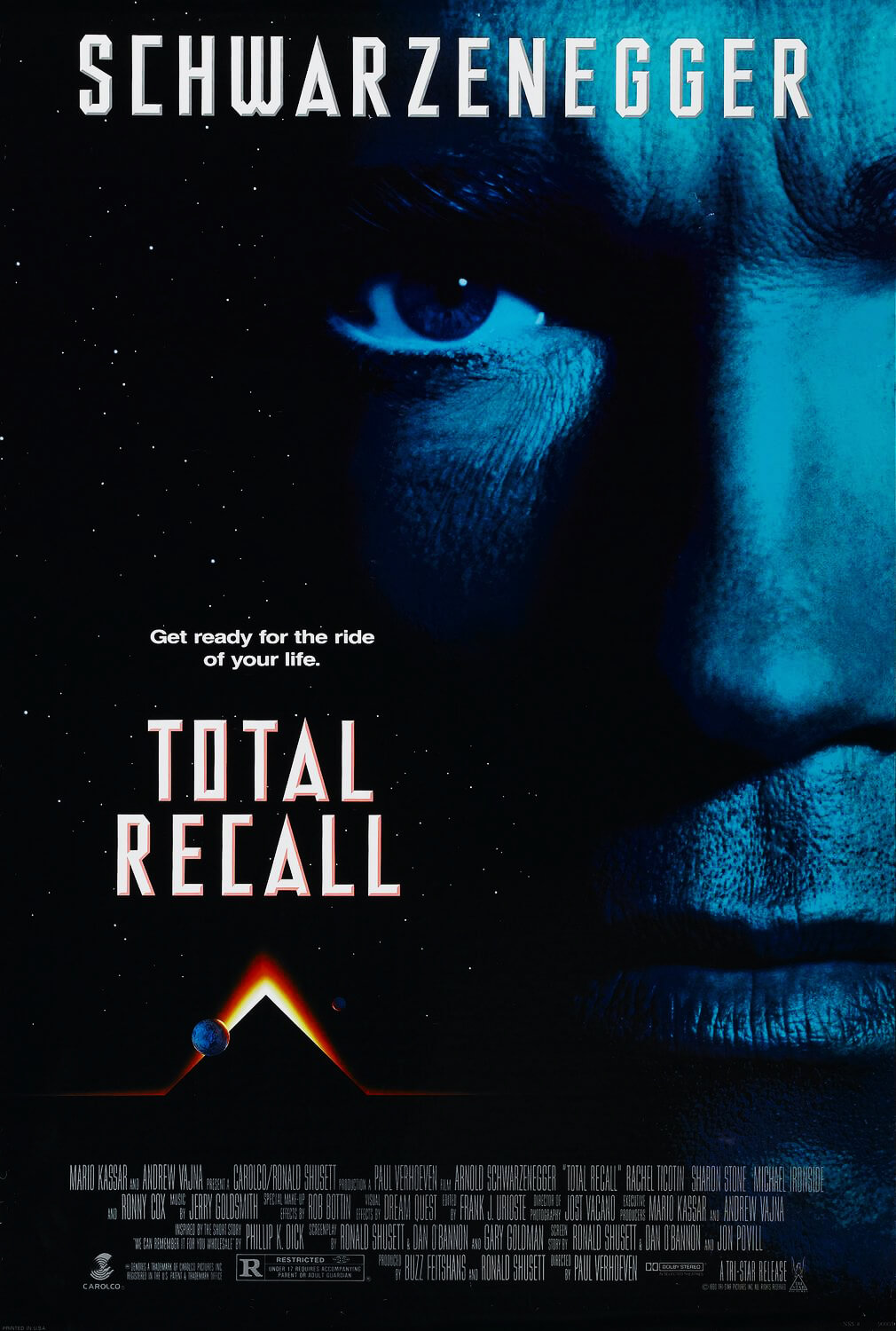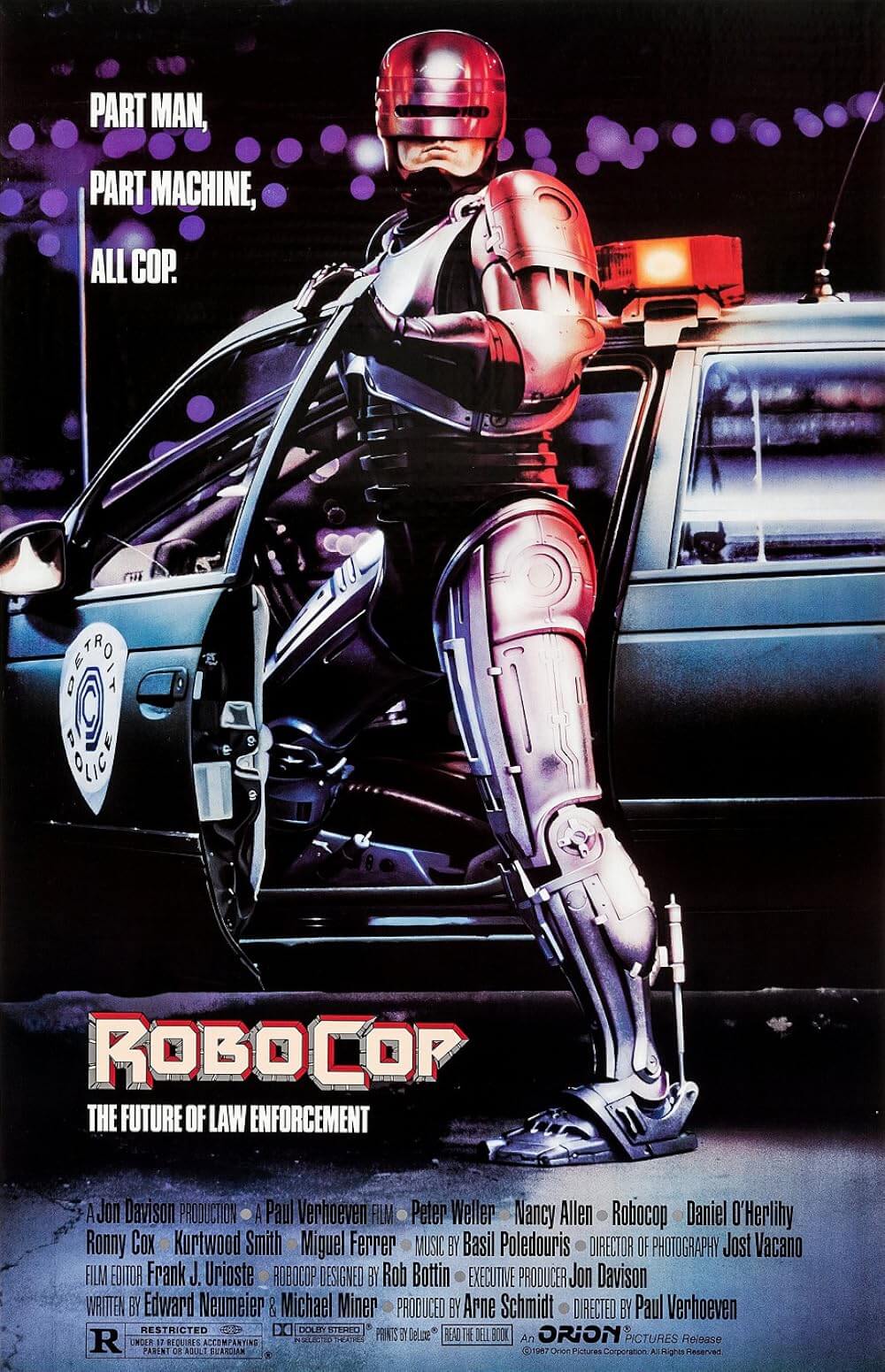
The Beekeeper
By Brian Eggert |
John Wick’s influence on the action genre continues in The Beekeeper, a shoot-’em-up that finds Jason Statham in a Wick-esque scenario, aside from a few tweaks of minor details. Looking grizzled and worn, Statham, inhabiting the same badass screen persona from the last twenty years of his career, plays a former elite operative who’s shaken out of retirement when bad guys wrong someone close to him. They unknowingly prompt an unstoppable killing machine named Adam Clay, who launches a single-minded mission to eliminate anyone involved, no matter how high up. As it turns out, Clay belonged to a tippy-top-secret government program called The Beekeepers and worked with absolute autonomy to keep The System operating. Clay makes Seal Team Six look like “pussies”—a remark made by Jeremy Irons, who gives it more credibility than I can. The whole scenario and its mythology play like John Wick as a member of The Kingsman. But its familiarity doesn’t take away from its considerable entertainment value.
From the start, the script by Kurt Wimmer (Equilibrium, 2002) establishes the sympathetic stakes. They’re not quite as triggering as John Wick’s murdered dog, but it’s close enough. Phylicia Rashad, known best for her role as America’s mom on the now-unwatchable Cosby Show, plays Eloise, a kindly school teacher who has befriended Clay, giving him a workspace in her barn on a vast property. There, Clay has built up the local flora with his knack for beekeeping, tending hives and jarring honey—to be sure, it’s not just a cool name. “No one’s ever taken care of me before,” Clay tells her sincerely. However, when phishing scammers persuade Eloise to relinquish every bank account she has, including $2 million for a children’s fund she oversees, her shame leads to a hasty suicide. While it’s tragic that Eloise has never heard of fraud protection, doubtless, everyone watching knows a senior citizen who has been preyed upon by a scammer. At this moment, we’re all thinking the same thing: Get those fuckers, Statham.
Sure enough, Clay resolves to come out of retirement and call on his old Beekeeper connections to get intel on the scammers. After making short work of the security detail and detonating the call center that defrauded Eloise, Clay targets the rich hipster douchebag, Derek (Josh Hutcherson, effective as a twerp), who oversees a data-mining operation. Derek’s boiler room call centers and malicious software prey on vulnerable targets, and for reasons that are initially unclear, he’s shielded by Wallace (Irons), a former CIA Director who knows Derek has little chance of surviving the one-man swarm he’s unleashed. Meanwhile, Eloise’s daughter Verona (Emmy Raver-Lampman), an FBI agent, attempts to find answers about Clay’s identity and Derek’s operation. Joined by her partner (Bobby Naderi) with whom she shares a chummy, pleasant dynamic, she believes Clay should adhere to the law rather than resorting to vigilante justice. “You have laws for these things until they fail,” says Clay. “Then you have me.”
With lines like these, it’s easy to imagine someone watching The Beekeeper and rolling their eyes throughout. Wimmer’s dialogue can sometimes be clunky, even laughably bad, peppered with ‘80s-brand one-liners and bee facts. But that’s part of its charm, too. Clay says his mission is to “protect the hive” and refers to those in his way as hornets. Later, Verona calls him a “queen-slayer”—a type of bee that attacks the queen when it fails to produce productive offspring (but perhaps that’s revealing too much). Elsewhere, the opening credits sequence is a montage of bees, hives, and world architecture that vaguely resembles hive cells. And throughout the movie—amid Statham slicing off fingers with a bandsaw and using a jar of honey to disorient an opponent—there’s a message about the importance of bees in the ecosystem. In one of Irons’ many speeches, his character observes, “No bees, no agriculture. No agriculture, no civilization.” At least the filmmakers seem interested in embedding a mild environmental theme into the mind-numbing violence. (Note: The Beekeeper’s trailer featured a line about honey being flammable. It is not. Enough reactions debunking this claim seem to have inspired the line’s removal from the movie.)
With The Beekeeper, David Ayer has directed his best effort since 2012’s End of Watch, delivering a straightforward action yarn that makes excellent use of its star. Statham’s output lately has been dominated by franchise sequels (Fast and Furious, Expendables, The Meg, The Mechanic), with too few exceptions like the underrated Wrath of Man (2021), which contains a similar array of simple pleasures found here: Statham single-handedly taking down cyber criminals, mobsters, SWAT teams, private security, mercenaries, and the Secret Service with expert ambushes and hand-to-hand combat. There’s even a dazzling sequence where his character faces off against the currently active Beekeeper (Amber Sienna), a maniacal punk armed with a minigun. No matter the scene, Ayer, cinematographer Gabriel Beristain, and editor Geoffrey O’Brien ensure a clear presentation of the mayhem, a departure from this director’s occasional lack of clarity (see Sabotage, Bright, or Suicide Squad).
Armed with a terrific cast (including minor but memorable roles for Jemma Redgrave and Minnie Driver) and enough action to satisfy even the most voracious action junkie, The Beekeeper is precisely the kind of anti-awards-season counterprogramming moviegoers might expect from a January release. Though it clocks in at 105 minutes, the movie starts to drag a little near the climactic encounter, but not enough to spoil its escapist fun. What’s refreshing is that there’s never a moment where we pause to question the situation’s morality. The motivations are clear and justifiable in the context of action movie logic, akin to how the killing of John Wick’s dog led to 77 deaths in the 2014 original (and over 400 in the sequels). It may resemble several other action franchises about a lone avenger, and its elaborate intelligence community mythology recalls the hitman underground of the John Wick series, but it does what it does well.

Thank You for Supporting Independent Film Criticism
If the work on DFR has added something meaningful to your love of movies, please consider supporting it.
Here are a few ways to show your support: make a one-time donation, join DFR’s Patreon for access to exclusive writing, or show your support in other ways.
Your contribution helps keep this site running independently. However you choose to support the site, please know that it’s appreciated.
Thank you for reading, and for making this work possible.
Brian Eggert | Critic, Founder
Deep Focus Review







